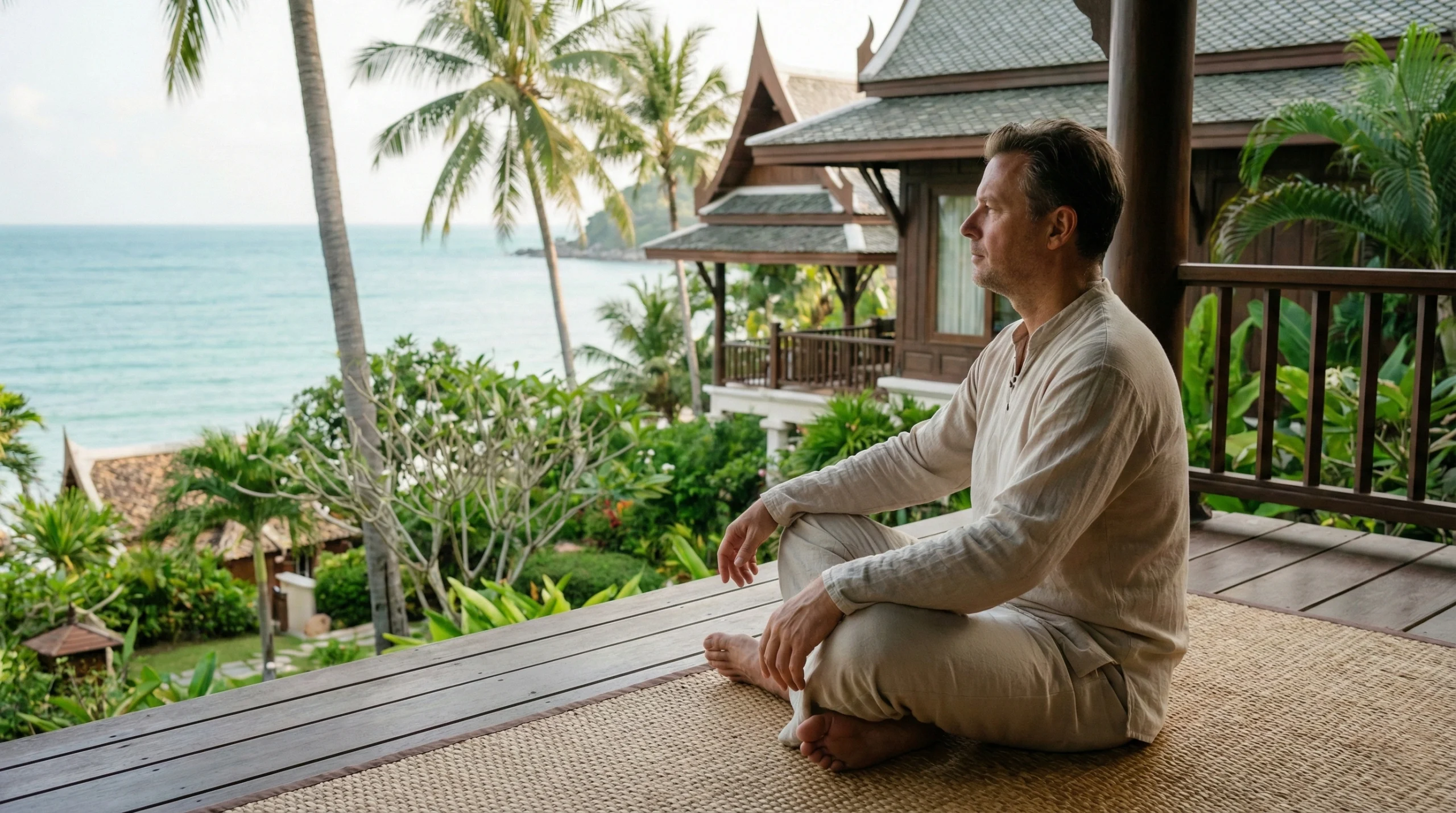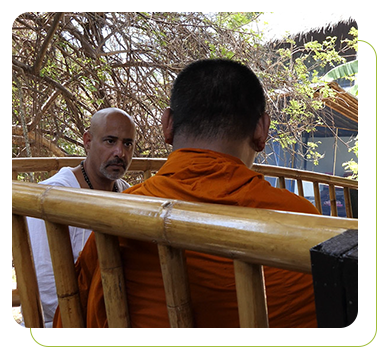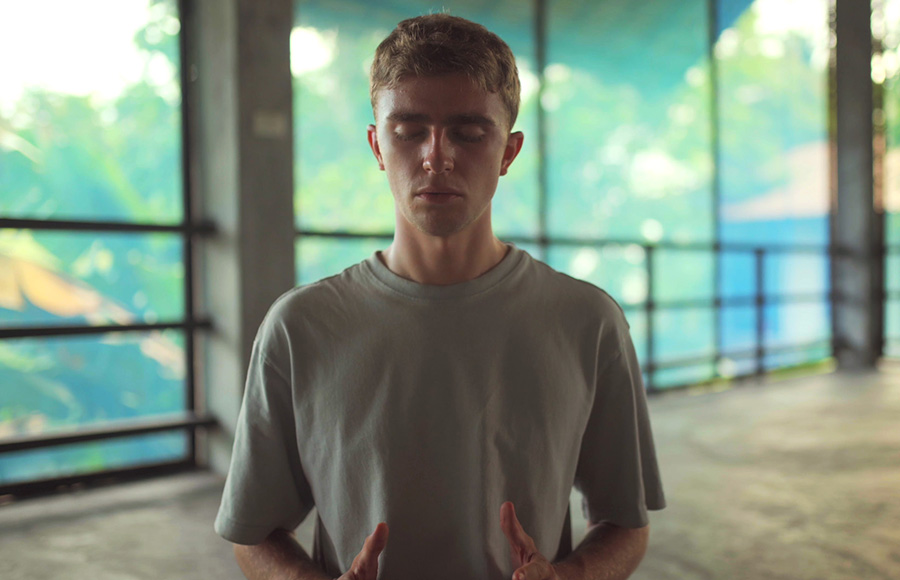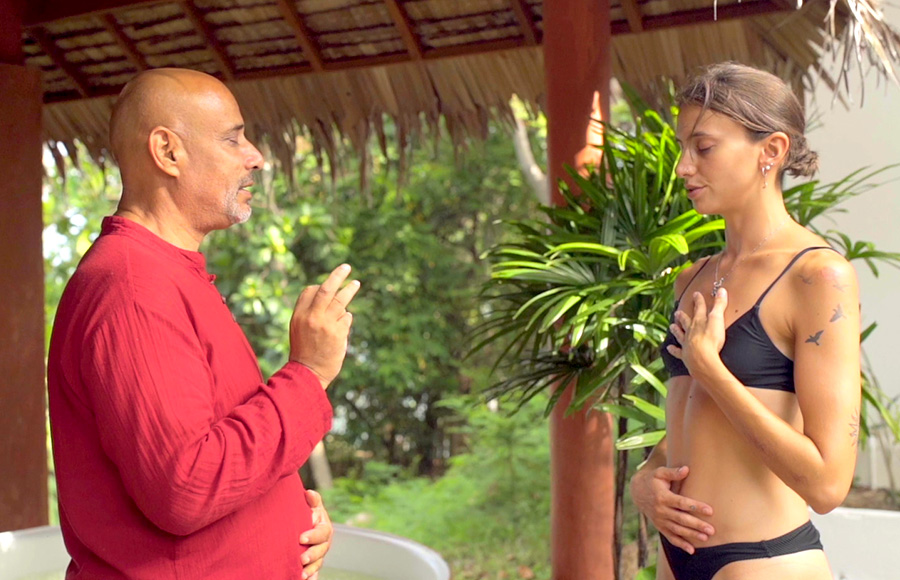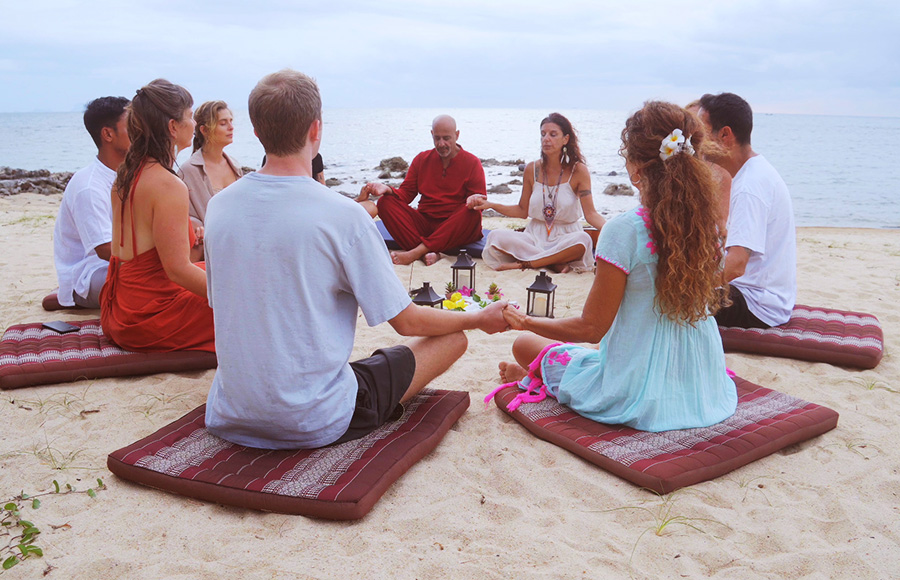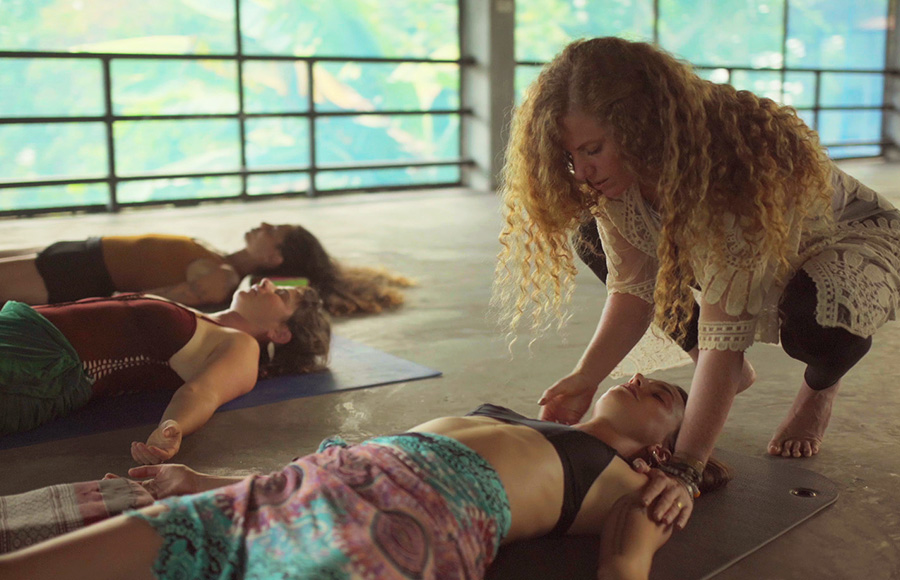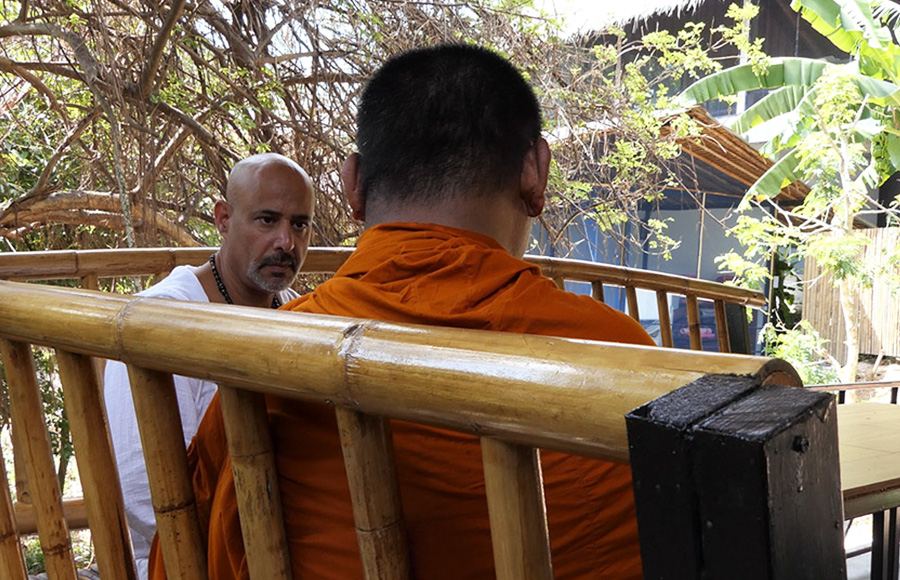The 12 Steps of Recovery in 10 Minutes – A Conversation with Ian Young
05 min read

Recovery from addiction is not a single event but a lifelong journey—one that requires motivation, determination, honesty, forgiveness and support. For many, the 12 Steps of Recovery provide a proven framework for major and life enhancing transformation.
In a recent video interview, Ian Young, a respected recovery advocate and mentor, shares his unique perspective on the 12 Steps. What makes his explanation stand out is the clarity and simplicity with which he breaks them down in just 10 minutes.
The Foundation of Recovery
According to Ian, the first two steps serve as the bedrock of the program. Step 1 is a statement of the problem and Step 2 is a statement of the solution:
- Step 1: Acknowledging the Problem – This is about self-reflection of where your addiction has taken you and honestly evaluating your life’s current situation. Admitting that we are powerless over our addiction and that our life has become unmanageable or even flipping it around and understanding that were unmanageable around our addiction and our life has become powerless. It’s a recognition that we are lacking sufficient self-power to overcome our addiction alone and that we need a new source of power.
- Step 2: Embracing the Solution – This step opens the door to hope. It’s the belief that a power greater than ourselves can restore us to sufficient levels of sanity that we can then find the ability to make better choices (of not engaging in our addiction any longer)
From Awareness to Action
While the first two steps lay the groundwork, Steps 3 through 9 form the action phase of recovery. This is where the real work begins:
- Step 3 – Making a decision to turn our will and our life over to the care of a Power that’s greater than us, on our own, and even greater than our addiction. This Power is a personal definition and can be anything you want it to be, except yourself. This is essentially making a decision to evolve from a bad boy / bitch to a good guy / girl, and committing to using the process to achieve this.
- Step 4, 6, 7 & 8 – Conducting a fearless moral inventory; taking an honest look at our behaviours, patterns, and shortcomings. Writing these down to help us formulate the process.
As we go through this process we unravel and recognise our character defects and begin determining what we could potentially be once in our own greatness.
We evolve through the process with a list of people, places and things that we need to rebalance our karma around (make amends to) and we see how our potential character assets can support us in this process of forgiveness – forgiveness of others, forgiveness of ourselves and forgiveness from others. - Step 5 – Finally, disclosing that whole inventory with just one other person (typically known as a Sponsor) to break through your secrets, self-doubt or shame.
- Step 9 – Now, ready with your “forgiveness list” we go about making our amends (rebalancing our karma) wherever & whenever possible, assuming it won’t cause further harm to them. This is actually the most powerful of all the steps as we explore our own vulnerability, humility, and forgiveness of others, from others and even towards ourselves.
Living the Program Every Day
Recovery doesn’t stop here, but rather by now rolling steps 3 through to 9 into your daily routines and practice, with practice the program kicks into auto-pilot.
- Step 10 – Continuing self-reflection and promptly admitting when we are wrong, becomes a new and healthier way of living, one day at a time.
- Step 11 – Deepening our conscious contact with our own chosen Higher Power through prayer and meditation, seeking only knowledge of what that Power’s will might be for us, and asking for the strength to carry it out.
This step is about clarity of purpose, not material requests. - Step 12 – Carrying the message to others and practicing these principles in all areas of life. Service, Ian emphasizes, is the essence of recovery. By helping others, we not only strengthen their journey but safeguard our own sobriety.
The Power Within and the Power of Service
One of the most striking aspects of Ian’s message is his emphasis on the balance between external support and inner strength. Early in recovery, many draw power from others who have walked the path. Over time, this power grows internally, enabling individuals to give it away in service to others. This cycle of receiving, growing, and giving back is what sustains long-term sobriety.
Ian also stresses the importance of defining spirituality in personal terms. For some, the Higher Power may be nature, energy, or community rather than a traditional religious figure. The key is not the definition but the openness to a Power Greater than oneself, and letting it guide us, particularly in our morals towards being better versions of ourselves.
Key Lessons from Ian Young
- Recovery is not complicated: Step 1 is the problem, Step 2 is the solution, and Steps 3–9 are the program. Step 10 is the real program and steps 11 asks us the question of our own spirituality, which is answered in step 12.
- Forgiveness is central – healing comes from making peace with ourselves and others.
- Daily practice sustains recovery; it’s a way of life, not a one-time process.
- Service strengthens recovery. Helping others protects us from relapse and builds community.
Why This Matters
Addiction affects not only individuals but families and entire communities. Ian’s ability to distil the 12 Steps into clear, practical lessons makes recovery approachable. His perspective shows that sobriety isn’t just about abstaining—it’s about personal transformation, belonging, meaning and purpose.
Final Thoughts
Ian Young’s conversation on the 12 Steps is both inspiring and practical. He reminds us that recovery is possible for anyone willing to be honest, open, and committed. Most importantly, he highlights that the journey is not one of isolation but of community and service.
👉 Watch the full interview with Ian Young here: The 12 Steps of Recovery in 10 Minutes.
Ian Young is the Global Manager at Holina Care Centres in Koh Phangan, Thailand. Ian oversees the rehabilitation programs that blend the 12 Step model, Psychology, Counselling, Coaching, Somatic and many other therapeutic engagements, alongside various evidence-based therapies with holistic healing practices.
Holina Rehab treats addictions, trauma, anxiety, depression, and other emotional challenges, offering comprehensive care in a serene resort environment.
Ian, a charismatic speaker and author of “It’s Not About Me” leveraging his own recovery journey from addiction to inspire and guide others toward a fulfilling, addiction-free life.
About Me
Ian Young
Ian Young is the Global Manager at Holina Care Centres in Koh Phangan, Thailand. Ian oversees the rehabilitation programs that blend the 12 Step model, Psychology, Counselling, Coaching, Somatic and many other therapeutic engagements, alongside various evidence-based therapies with holistic healing practices. Holina Rehab treats addictions, trauma, anxiety, depression, and other emotional challenges, offering comprehensive care in a serene resort environment. Ian, a charismatic speaker and author of “It’s Not About Me” leveraging his own recovery journey from addiction to inspire and guide others toward a fulfilling, addiction-free life.
Recent Blogs
-
29 Jan, 2026
The Ultimate Guide to 12-Step Rehab in Thailand




